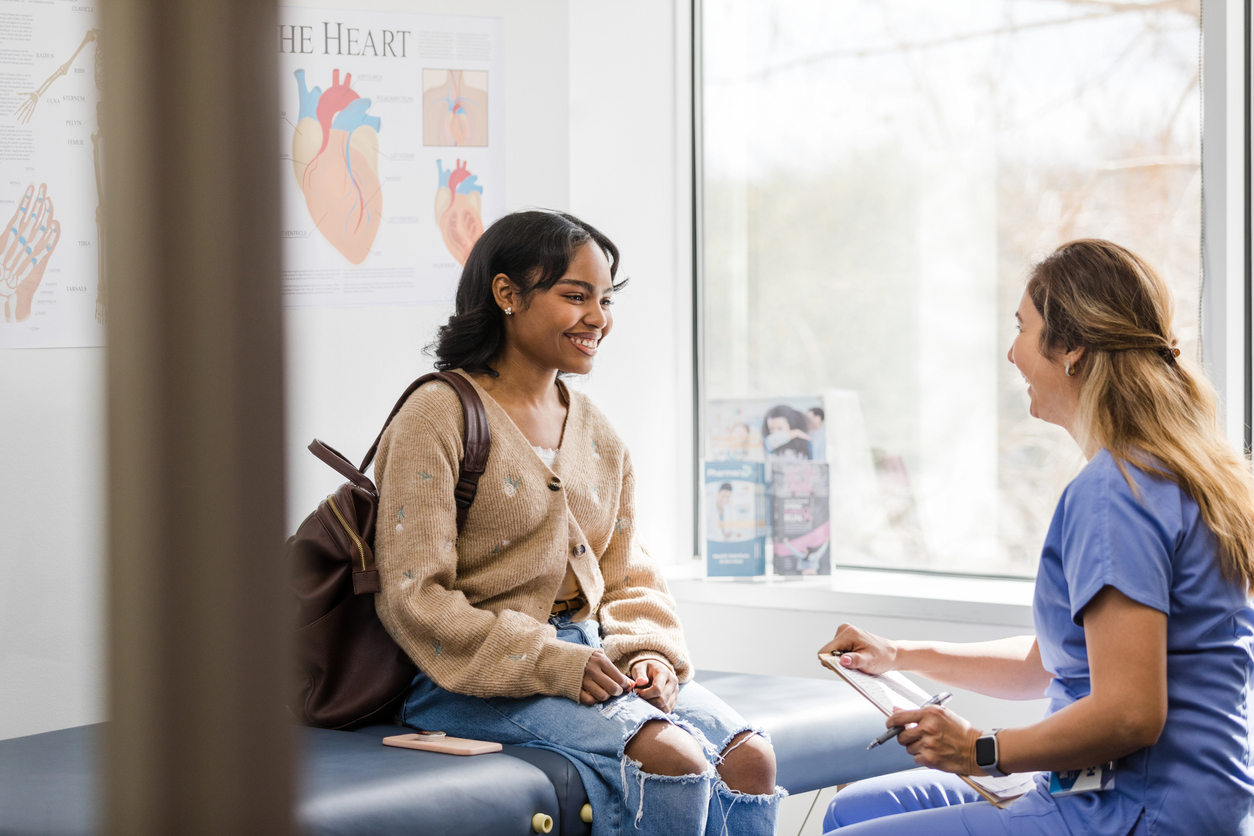Students
The London InterCommunity Health Centre provides educational placement opportunities for students to better understand the community health centre model of care.
Our vision of building opportunities for healthy inclusive communities aligns with supporting an individual’s personal education and learning goals as well promoting the larger societal impact of working from a community based approach to healthcare.
Agreements with Educational Institutions
Responsibilities of the Educational Institution:
Students must be attending a formal educational institution such as high school, post-secondar y academic institution, academy, or university, or involved in a community education program. Before accepting a student on a regular basis for educational / research purposes, an agreement must be established which outlines the respective responsibilities. The agreement should contain the following provisions:
- Ensure the relevance of academic programs to our model of care
- Approve the qualifications of the students
- Ensure adequate liability and malpractice insurance coverage is in place prior to their participation at the Health Centre, and provide a statement of that coverage to the London InterCommunity Health Centre.
- Ensure that there is workplace insurance coverage for all students
- Ensure that each student has completed a police record check
- Provide a learning contract that stipulates the nature of work assignments and hours available
- Provide all forms and clear instructions on the process required for evaluation and feedback
- Provide direction/guidelines on process for termination of agreement
Responsibilities of the London InterCommunity Health Centre:
- Ensure that student activities (i.e. Research, client service, facilitation etc) conform to accepted code of ethics, standards and other policies of the Health Centre.
- Ensure quality of supervision and evaluation by appropriate staff member(s) is effective and contributes to the student learning
- Provide facilities and /or equipment for use by students in the delivery of services
- Conduct an interview with the student(s) to determine how the student’s learning objectives “fit” with the goals/objectives of the London InterCommunity Health Centre.
- Ensure that we have students and educational institution contact person, contact information (name, program, title, email, phone, mailing address)
- Keep all relevant information about the student and their placement on file, i.e. police checks, student contract, insurance information etc.
- Ensure that all students sign a confidentiality agreement which will be kept on file.
Request for temporary placement will be handled on an individual basis 3-6 months in advance. Acceptance will depend on the availability of a supervisor, number of students, length of placement and type and content of placement and at the discretion of the Program Managers. Requests need to come through field practicum/placement coordinator, not the students themselves.
For more information, please contact:
studentplacements@lihc.on.ca

Community Student Placements
The Health Centre is proud to support student learning through diverse placement opportunities. Each year, we welcome students from programs such as health sciences, public health, social work, dietetics, medical office administration, and gerontology. Past placements have included hands-on experience in community development, program implementation, social media and marketing, client care support, and professional shadowing. These opportunities allow students to build skills while contributing to the health and wellbeing of our community.

Clinical Student Placements
The Health Centre also provides placement opportunities for students in clinical programs, including undergraduate nursing, nurse practitioner training, clerkship, family medicine, and other health professions. Clinical placements offer students valuable hands-on learning experiences in primary care and community health settings, working alongside our interdisciplinary teams. Through these opportunities, students gain practical skills, expand their knowledge, and contribute directly to client care.